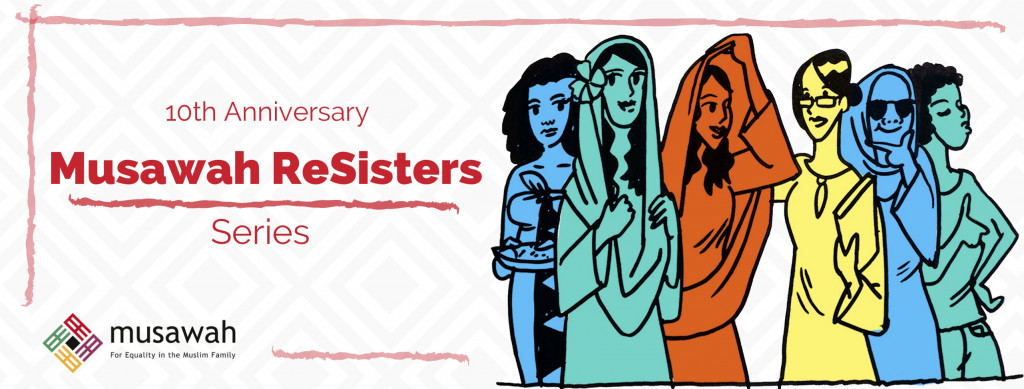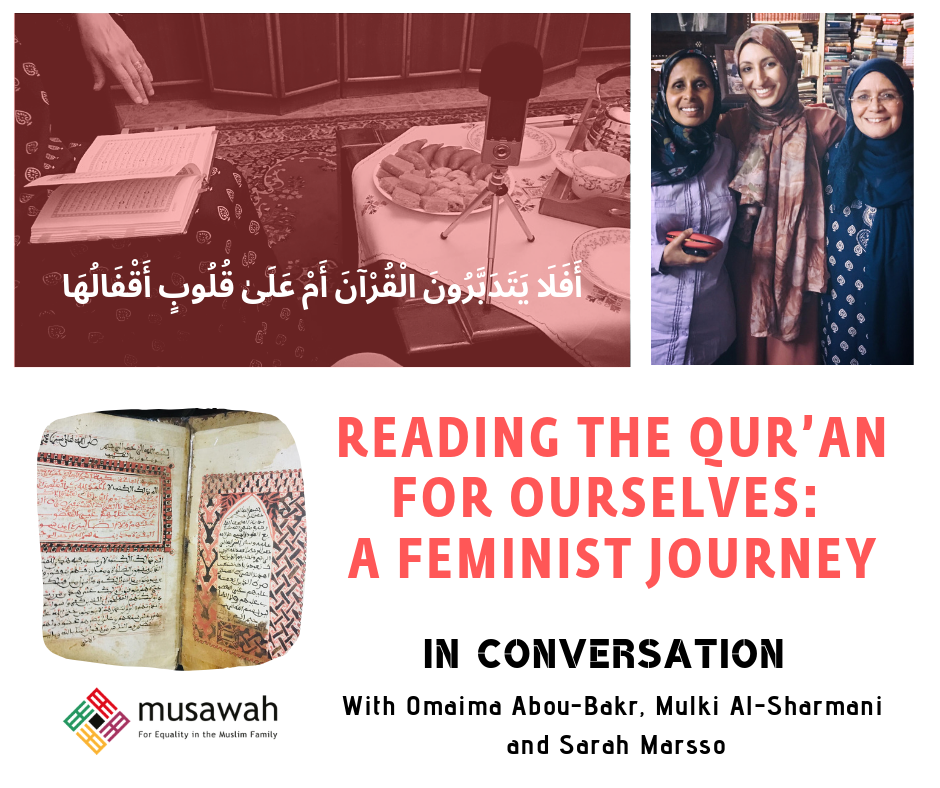
In the Musawah ReSisters series, we highlight the women who played a pivotal role during the early days of Musawah and whose work has continued to shape our movement until today.
Dr. Omaima Abou-Bakr & Dr. Mulki Al-Sharmani
Dr. Mulki Al-Sharmani, a senior lecturer and an Academy of Finland research fellow at the Faculty of Theology, Study of Religion Unit, University of Helsinki, Finland, and a member of the Musawah Knowledge Building Working Group. She is currently working on two research projects: ‘Islamic Feminism: Tradition, Authority, and Hermeneutics’ and ‘Transnational Muslim Marriages in Finland: Law, Gender, and Wellbeing’. From 2010 to 2011, Mulki was a research fellow at Helsinki Collegium for Advanced Studies, University of Helsinki. From 2005 to 2010, she was a joint research-teaching faculty member at the American University in Cairo.
Special Feature: An Iftar Conversation with Dr. Omaima Abou-Bakr and Dr. Mulki Al-Sharmani
As part of Musawah’s 10th anniversary celebrations, Knowledge Building Coordinator Sarah Marsso sat down with Islamic feminist scholars Dr. Omaima Abou-Bakr and Dr. Mulki Al Sharmani to talk about their insights into the different layers of meaning in the Qur’an, their evolving relationships with Qur’anic text, and women’s voices.
Reading the Qur’an for Ourselves: A Feminist Journey
« There is nothing in the whole world than can stop them [Muslim women] from reading the Qur’an, researching, studying, reflecting on the Qur’an whether for gender justice or for any other issue or any other topic or subject. This is God’s words to us, to all of us as human beings… [God] (SWT) tells us in the Qur’an
أَفَلَا يَتَدَبَّرُونَ الْقُرْآنَ أَمْ عَلَىٰ قُلُوبٍ أَقْفَالُهَا [Then do they not reflect upon the Qur’an, or are there locks upon [their] hearts? 47:24]. If you don’t do tadabbur [reflection], this means that your hearts are closed. In general, for anyone (…) you can make yourself expert by reading, studying and researching, so of course women should do that; Muslim women should definitely do that. » — Omaima Abou-Bakr
Other works by these scholars
Coming Soon!

